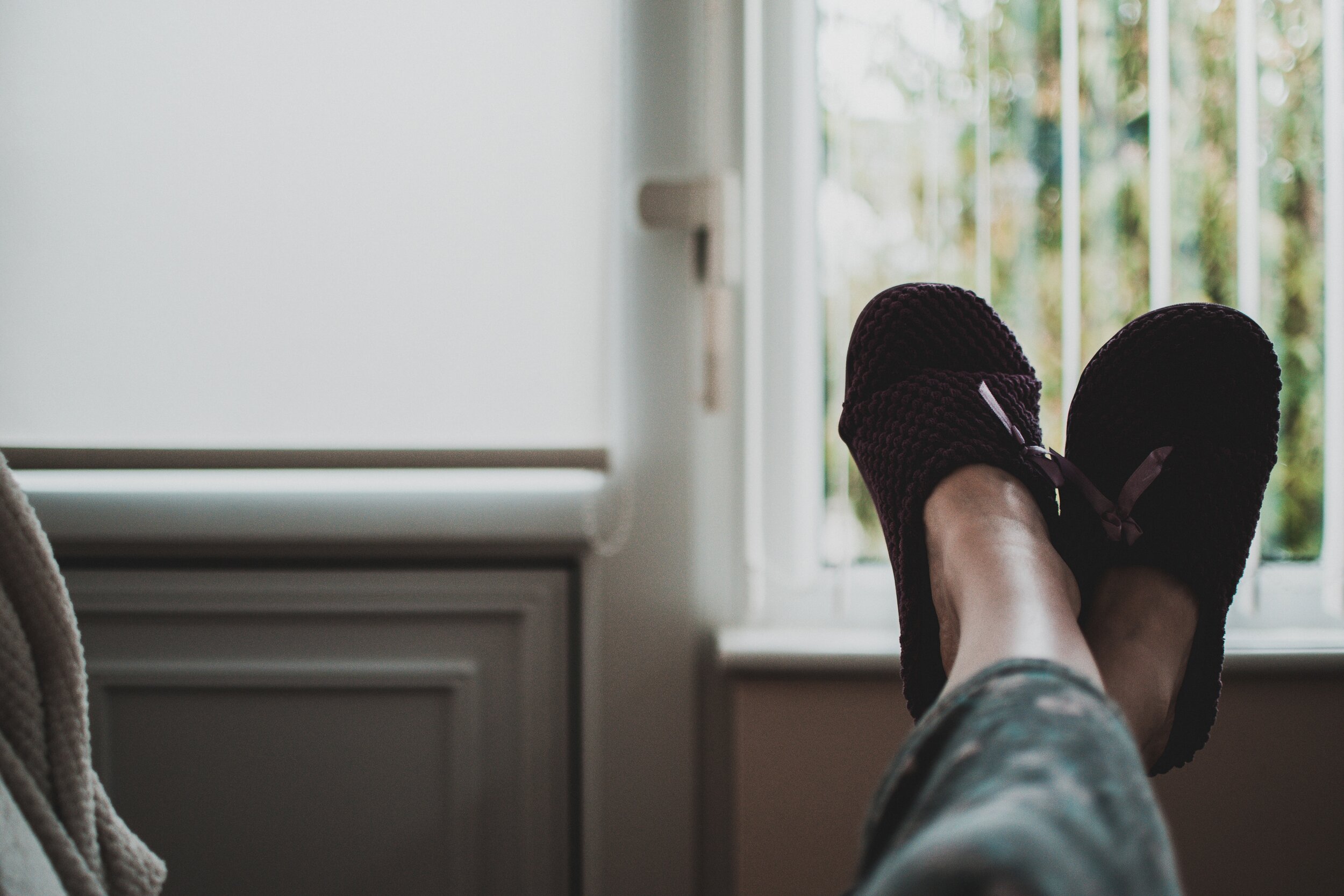Thoughts on neglect, self-worth, and social justice
In one form or another, the sentiment of 'accepting our lot' is something we hear very often: primarily because it contains some wisdom, but also because nobody likes a whinger.
Read moreYour Custom Text Here

Photo by Étienne Godiard on Unsplash.
Thoughts on neglect, self-worth, and social justice
In one form or another, the sentiment of 'accepting our lot' is something we hear very often: primarily because it contains some wisdom, but also because nobody likes a whinger.
Read more
The last yoga class of term, Magdalen College, Tuesday 10th March 2020.
To borrow a phrase from the internet: what a year this past week has been.
If nothing else, it's a lesson in how quickly things can change and - fortunately/unfortunately - it's a lesson we're all learning. I hold fear in one hand, hope in the other, and I'm not sure where to place either of them.
My primary instinct is to get to work. On an emotional level, I want to comfort (because I need comfort): we’ll all be ok, this too shall pass, I'm here for you, we'll get through this. On a practical level I want to help (because I, too, need help): what do you need? What can I bring? What can I make? What can I do? All ways of saying: I don't know what I need, I don't know what to ask for, I don't know how to be constructive, I don't know what to do. Tell me. Please.
Maybe you’re stockpiling. Maybe you’re denying, or downplaying. Worst-case, or best-case scenario planning - it's all the same: fear and hope.
Read more
Photo by Lisa Fotios from Pexels
This is not a 'how to'. I'm not offering tips.
You won't learn any productivity 'hacks' ("yoga smarter, not harder"). This post is not about stockpiling time (can it even be done?), but saving it: rescuing, protecting, reclaiming, savouring even. How? By doing less; much, much, less.
Read more
Photo by Andrei Lazarev on Unsplash
Protecting personal space and encouraging autonomy
As a student, I have had to rely on gut instinct alone; some teachers I would feel safe with (the body yields), other teachers would put me on guard (the body tenses). But gut instinct, despite the rhetoric we often hear to the contrary, is quite as often misleading as it is trustworthy.
Read more
Who needs a yoga mat anyway..?
Yesterday I was listening to the environmental writer, Emma Marris, talking about how little we value nature unless it’s pristine, beautiful, and untouched by humans - unless humans have positively impacted that beauty, of course. It struck me that this is often how we approach our lives (or, this is often how I approach my life anyway).
My antenna clearly tuned into this theme, I started listening to Michael Stone’s Dharma talk ‘Buddhas on Blades of Grass’. In it, he discusses the Buddhist monk, Dongshan, telling his students to ‘go to a place where there are no weeds’. Spoiler alert: there is no such place.
On the surface, we value moments of hardship less than we value moments of comfort and security. We dismiss (and try to forget) the people who negatively impact us, and we move closer towards (and hold in our memory) the people that offer us support and have failed to disappoint. This is a safe and logical strategy. We want to repeat good experiences, we do not want to repeat bad ones. We would always choose comfort over discomfort. We would always choose to tend the flowers and not the weeds.
However, when I start to dig deeper into this thought, I realise that the times when I have been the least comfortable have held the greatest personal meaning for me. Hard times have paved the way for growth, wisdom, resilience, and humility. Moments of crisis are perhaps the times where we are the most easily intimate with our thoughts and feelings, precisely because we cannot escape ourselves, no matter how much we would like to.
Read moreA life practice. A life practising.